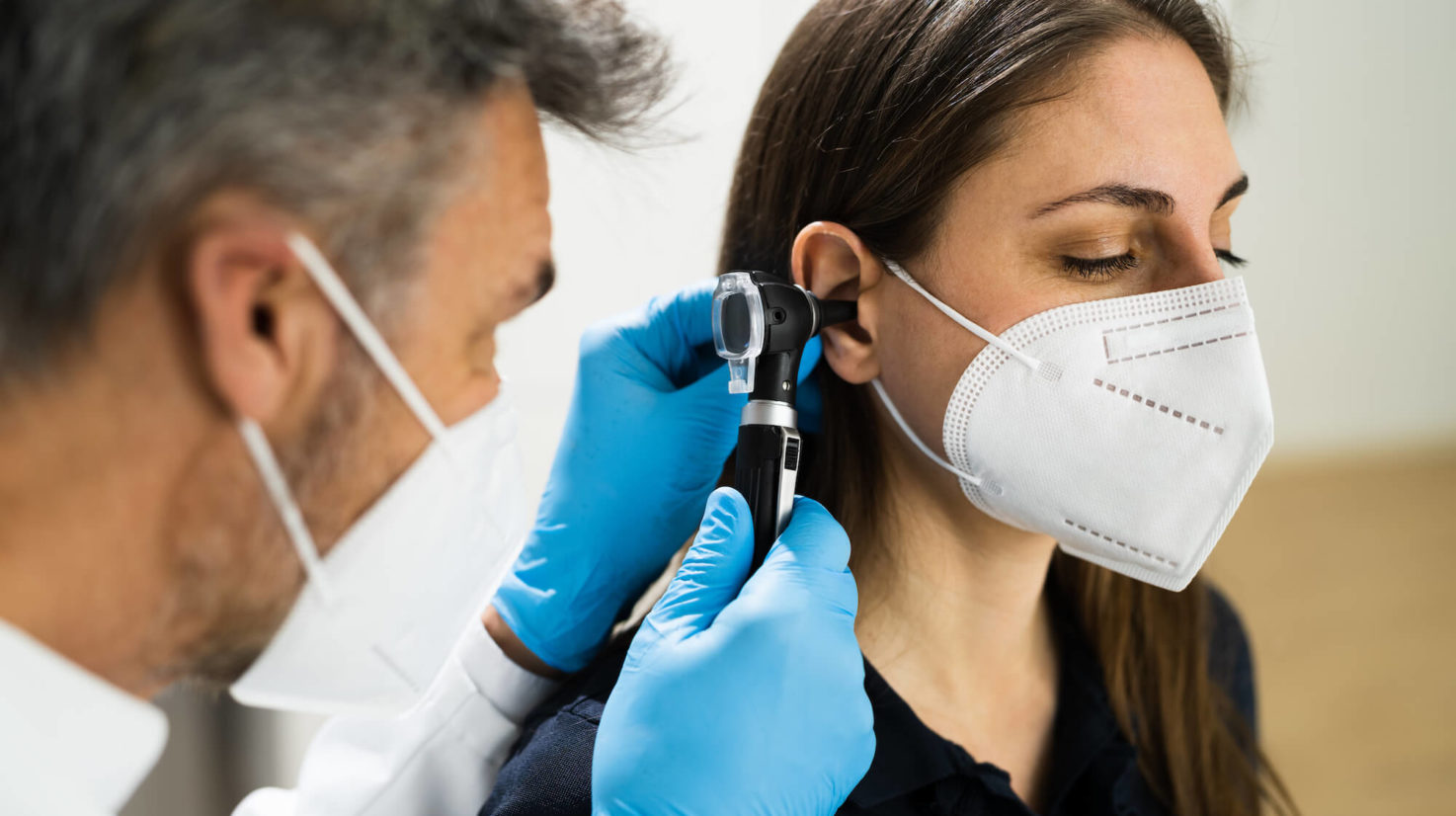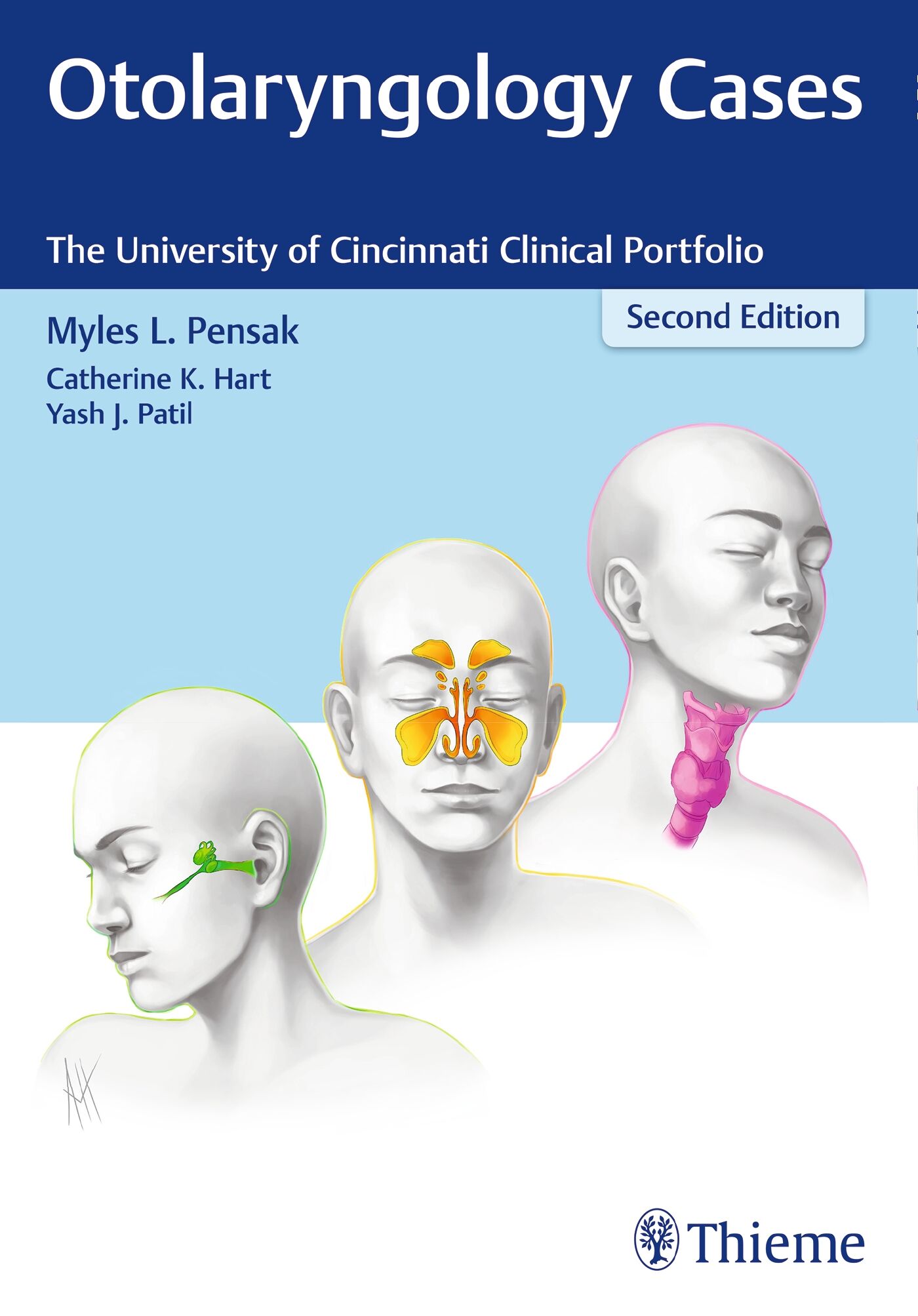Tinnitus Keeping You Up? Time to Consult a Hearing Expert
Wiki Article
Checking out the Field of Otolaryngology: What to Anticipate When You Get In Touch With an ENT
Otolaryngology, frequently referred to as ENT, includes the medical diagnosis and treatment of ear, throat, and nose disorders. For those experiencing relevant issues, speaking with an ENT specialist can provide clarity and alleviation. Comprehending what to expect during such examinations is necessary for reliable communication and care. This overview will detail essential aspects of the ENT experience, including usual reasons for brows through and the procedures involved in diagnosis and therapy.
Comprehending Otolaryngology: A Summary
Otolaryngology, often described as ENT (Ear, throat, and nose) medicine, is a customized branch of medication that concentrates on the diagnosis and therapy of problems affecting these critical locations of the human body. This field includes a variety of disorders, including those pertaining to hearing, equilibrium, respiratory feature, and speech. Otolaryngologists are trained to take care of both clinical and surgical therapies, making use of sophisticated strategies and modern technologies. Their know-how expands beyond standard conditions, attending to problems such as allergies, sinus infections, and hearing loss. In addition, they play a critical role in the administration of head and neck cancers, providing extensive treatment tailored to specific patient needs. Generally, otolaryngology remains vital for maintaining wellness and high quality of life in affected individuals.Common Reasons to See an ENT Professional
Several individuals seek the know-how of an ENT specialist for a variety of reasons, mirroring the diverse nature of problems that impact the throat, nose, and ear. Typical issues consist of chronic sinus problems, which often causes consistent nasal congestion and face pain. Allergies and their linked signs and symptoms, such as itching and sneezing, additionally trigger brows through to these professionals (Hearing). Hearing loss, whether progressive or unexpected, is one more considerable factor for examination. On top of that, individuals may seek evaluation for throat conditions, consisting of relentless hoarseness or swallowing difficulties. Rest apnea, identified by cut off breathing throughout sleep, is frequently dealt with by ENT experts. Each of these problems highlights the relevance of specialized treatment in handling complex ENT-related health and wellness concerns
Planning for Your ENT Appointment
When preparing for an ENT appointment, it is important to collect pertinent info and consider any type of certain concerns. People need to assemble a detailed clinical history, including previous ear, nose, or throat issues, surgical procedures, and present drugs. Documenting signs and symptoms-- such as seriousness, period, and frequency-- can provide important insights for the ENT professional. Additionally, people must prepare a listing of questions they want to ask, ensuring that all problems are resolved during the browse through. Bringing along any kind of relevant clinical records or examination outcomes can even more assist the ENT in comprehending the client's problem. Ultimately, patients need to verify their visit details, consisting of time, location, and date, to minimize any type of last-minute confusion. Proper preparation can improve the performance of the consultation and bring about much better outcomes.What to Expect Throughout the Appointment
As the assessment starts, the individual can anticipate to take part in an extensive conversation with the ENT expert about their symptoms and clinical background. The professional will certainly make inquiries concerning the period, frequency, and seriousness of signs and symptoms such as hearing loss, nasal congestion, or sore throat. In addition, the patient's previous medical problems, drugs, and any appropriate family members background will certainly be evaluated, helping the professional in developing a total understanding of the individual's health. The ENT might also inquire about way of life variables, such as direct exposure to irritants or irritants. This open dialogue develops a structure for the consultation, ensuring that the individual's problems are resolved and establishing the phase for any required assessments or recommendations for therapy.
Diagnostic Tests and Treatments in Otolaryngology
An array of analysis examinations and procedures are vital in otolaryngology to properly review and identify conditions affecting the ear, throat, and nose. Common examinations include audiometry, which measures hearing feature, and tympanometry, evaluating middle ear pressure. Nasal endoscopy enables visualization of the nasal passages and sinuses, while laryngoscopy checks out the throat and vocal cables. Voice Imaging methods, such as CT scans and MRIs, provide thorough views of head and neck frameworks. Allergy testing might also be performed to determine triggers for sinus or respiratory concerns. These diagnostic devices allow ENT professionals to create a detailed understanding of individuals' conditions, making certain tailored and efficient monitoring plans. Appropriate medical diagnosis is necessary for successful treatment results in otolaryngology.Therapy Options Used by ENT Specialists
ENT specialists use a variety of therapy alternatives tailored to deal with certain problems affecting the nose, ear, and throat. These therapies vary from traditional methods, such as medicine and way of living alterations, to even more intrusive treatments. Allergies may be managed with antihistamines or immunotherapy, while chronic sinusitis might need nasal corticosteroids or sinus surgical procedure. For hearing loss, ENT specialists typically suggest hearing help or medical treatments like cochlear implants. In instances of throat problems, alternatives can consist of speech treatment or surgeries to eliminate blockages. Furthermore, they might give guidance for managing sleep apnea, consisting of using CPAP tools or surgical interventions. On the whole, the goal is to enhance patients' lifestyle with customized care and reliable therapy methods.When to Seek Follow-Up Treatment With an ENT
When to look for follow-up care with an ENT specialist is vital for managing recurring signs and symptoms or problems connected to throat, ear, and nose conditions, recognizing. Clients must take into consideration setting up a follow-up visit if signs continue regardless of first therapy, such as chronic ear discomfort, nasal congestion, or throat pain. Modifications in hearing, equilibrium concerns, or unusual nasal discharge may likewise call for additional assessment. Furthermore, if a client experiences adverse effects from prescribed drugs or has undertaken an operation, follow-up treatment is necessary to check recovery and deal with any type of problems. Prompt examinations can guarantee efficient monitoring of problems, avoid possible problems, and supply satisfaction pertaining to one's health. Looking for follow-up treatment advertises proactive wellness administration in otolaryngology.Regularly Asked Concerns

What Certifications Should I Search for in an ENT Expert?
When seeking an ENT expert, one must seek board qualification, relevant experience, and solid individual evaluations. Furthermore, reliable interaction skills and a caring strategy can substantially improve the total treatment experience.Just how Do I Choose the Right ENT for My Requirements?
Picking the best ENT specialist includes examining their certifications, experience, and person testimonials (ENT Doctor). It is vital to contemplate their communication style and approach to therapy, ensuring they align with the individual's particular health requirements and preferencesExist Any Kind Of Risks Associated With ENT Procedures?
The threats related to ENT treatments might include infection, blood loss, anesthetic difficulties, and potential damage to bordering structures. People must go over these dangers with their doctor to understand individual concerns and warranty notified decisions.Exactly How Can I Manage Stress And Anxiety Prior To My ENT Consultation?
To handle anxiety before a consultation, people can exercise deep breathing exercises, imagine favorable outcomes, prepare concerns beforehand, and seek assistance from buddies or household, cultivating a sense of reassurance and calmness.What Should I Do if I Experience Negative Effects From Treatment?
If adverse effects from therapy occur, the person should promptly report them to their medical care copyright. Adjustments to therapy or extra interventions may be essential to guarantee security and effectiveness in managing their condition - ENT Doctor. As the examination begins, the individual can expect to involve in a detailed conversation with the ENT professional concerning their signs and symptoms and medical background. These analysis tools enable ENT specialists to establish a complete understanding of people' conditions, making certain tailored and efficient monitoring plans. ENT specialists provide a variety of therapy options tailored to attend to specific problems affecting the throat, nose, and ear. When seeking an ENT specialist, one need to look for board certification, appropriate experience, and solid individual evaluations. Selecting the ideal ENT professional includes reviewing their credentials, experience, and individual testimonialsReport this wiki page